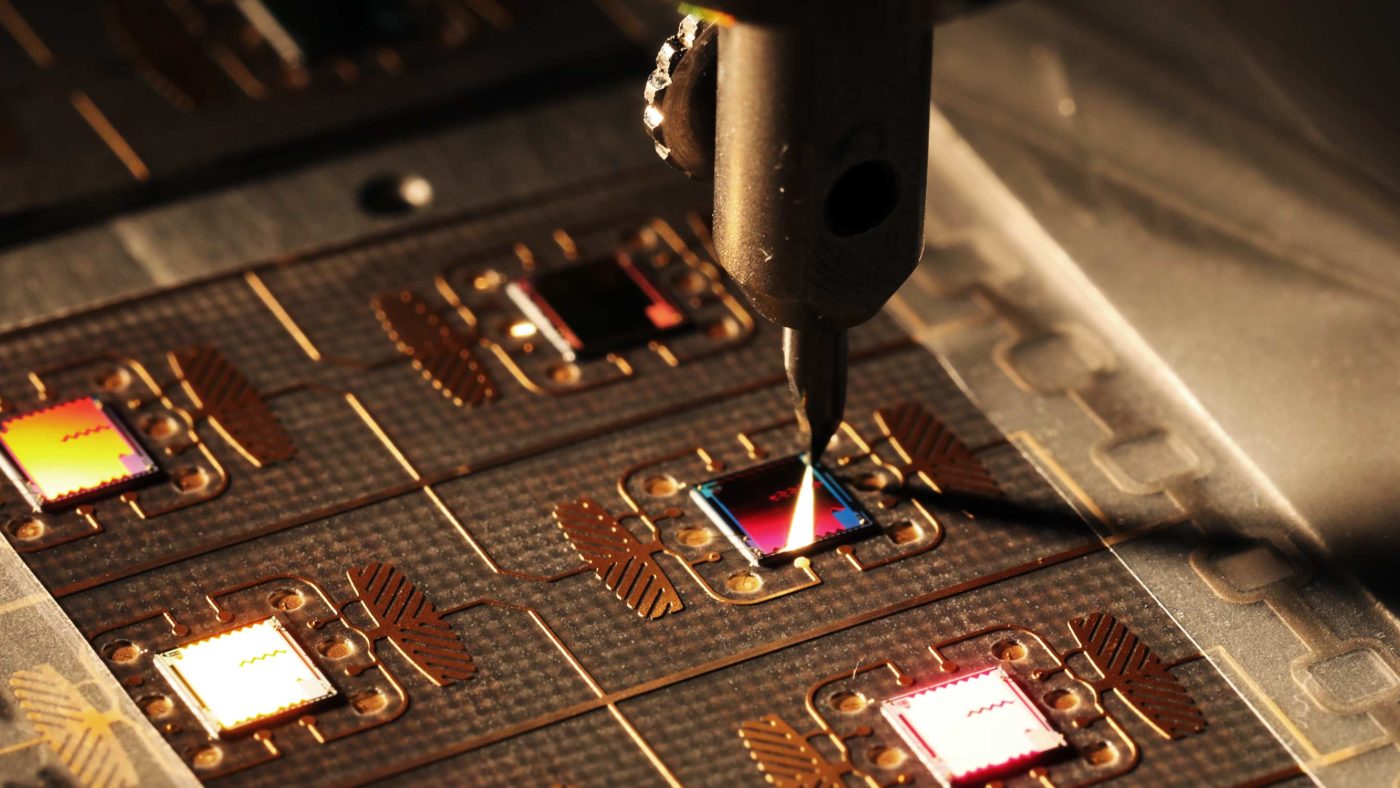Copying certain parts of China’s economic policy seems sensible enough – the place has dragged an essentially neolithic economy into the modern world in only 40 years, after all. The same process took the UK about 400 years.
We ought to be careful to learn the right lessons, however – something the European Commission has spectacularly failed to do with Ursula von der Leyen’s proposals to create a ‘centralised European microchip industry and prevent competition between countries’.
The superficial logic behind the plan is clear enough: the EU wants to do what China has been doing with its own chip industry. As ever with state industrial policy, that involves clever political types at the centre determining what the experts out in the companies should be doing, all in the societal interest, of course. That, rather than market competition, will lead to world-beating industry, or so the theory goes.
Except, as those who have seen this movie before will know, it doesn’t quite work out that way. In fact, within China there’s a certain amount of headscratching as to why their chip industry doesn’t seem to be as competitive as the central planners hoped.
Searching for the logical error in the CCP’s approach isn’t difficult. There’s a reason Andy Grove, one of the key figures in the rise of Intel, wrote a management book titled Only the Paranoid Survive. His point was that only those continually looking over their shoulder were able to drive an organisation to keep on improving.
Or, as we put it more conventionally in economics, it is competition which increases productivity and drives technological innovation – which are essentially the same thing under different covers. A marketplace in which others can come in and compete is that very thing which spurs incumbent companies to continue to up their game. Preventing competition is therefore not applying the right economic lesson to the European economy. That would be true of pretty much any industry, but it’s especially relevant to an area as fast-moving as chip manufacture.
Lack of competition alone isn’t the only problem with the Chinese model. A related flaw is the way central money is being poured into out of date technologies. That might be because the older stuff is all the bureaucrats have heard of, but it’s more likely because no one would bother to build with that past-it tech without the lure of a government subsidy. There’s also the enjoyable sight of one state-backed company being an outright fraud, and several others going bust at huge cost.
Even the fraudulent firm, not to mention most of the Chinese industry’s other efforts, was supposedly engaged with 14nm and 28nm chip processes, way behind the industry-leading 7nm (more on which below). In fact, China’s just as reliant as the US on less than 10nm – near all of which comes from Taiwan.
It’s worth reiterating just how rapidly things change in this industry. Each technological step, or perhaps plateau, is leading edge for 2-4 years. Then it becomes just another run-of-the-mill production method dedicated to low value-added and commodity products. Such things as “14nm” and “7nm” are just such steps. What those figures actually refer to (roughly speaking, how close the circuits can be on a chip) is beside the point – what matters is that this is not, in any manner at all, a technologically stable industry.
Unsurprisingly, running a business like this on political, or bureaucratic, timescales simply doesn’t work. They’ll still be deciding what type of biscuits to serve at meetings as another entire technology whisks by in its two year window. Worse than that, trying to do it without competition is madness. As Grove pointed out at length, it’s the fear of a new competitor coming to steal your lunch that drives the frenzy going forward.
So why are the EU pushing ahead with this, in the face of so much evidence? That’s simple enough, politics is about power and there are hundreds of billions in this industry in capital investment. Why attempt to gain that brass ring of power if not to have control over the disposition of hundreds of billions?
Politicians trying to meddle in the market economy is nothing new, of course. The chip industry is just where competition is most necessary and thus is where we should be giving this absurd plan to abolish it least room
Thankfully for the UK, we are no longer party to any of this kind of nonsense. Nonetheless, those of us who are fond of Europe and Europeans – if not the EU – need to be pointing out just how misguided this plan is. It’s not working in China, it hasn’t worked elsewhere, it won’t work in Europe.
Click here to subscribe to our daily briefing – the best pieces from CapX and across the web.
CapX depends on the generosity of its readers. If you value what we do, please consider making a donation.


